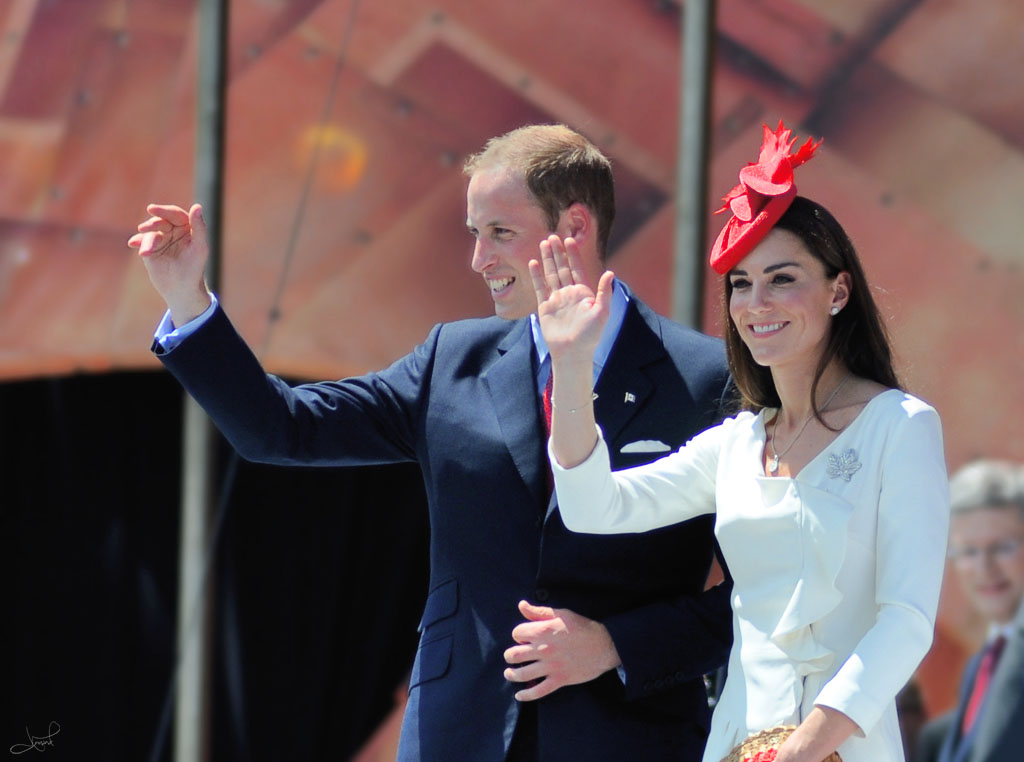The public increasingly wants to see members of the royal family link up with good causes, indicating they would be most likely to support a charity with their patronage.
Kate Middleton, the Princess of Wales has emerged as the most popular royal for a charity to be associated with. More than four in ten (42%) say they are more likely to support a charity if it had her patronage.
Compared to five years ago the public are more likely to support a charity with patronage from almost all royals, also including Prince William, Princess Anne and King Charles.
But while support for charity involvement is up among almost all the royal family, it has dropped for Prince Harry, who musters less public support for his charity work than he did in 2018. While 28% of the public would be more likely to support a charity with his support five years ago, this proportion fell to 25% in December 2022.
The most toxic royal for a charity to be associated with is Prince Andrew, due to his association with convicted paedophile Jeffrey Epstein. Two years ago his involvement with the late Epstein saw the royal step back from all 60 of his charity patronages.
The research into public attitudes to royal patronage has been published by consultancy nfpResearch.
When its researchers asked the public what the Royal families’ most important role is to support good causes, the biggest response (43%) was that they should back charities through patronage.
Impact of royal patronage questioned
However, research released in 2020 found that there is no evidence that royal patronage can boost charities income, with many royal family members barely getting involved in good causes, other than being named as a patron.
This research by consultancy Giving Evidence found that three quarters of charities with Royal patrons did not get any public engagements with them last year.
“We could not find any evidence that Royal patrons increase a charity’s revenue,” said Giving Evidence, which also found no evidence that royal involvement increases generosity among supporters.
Giving Evidence said: “Charities often seem to think that a Royal patron will visit them or enable events at palaces which they can use to attract press coverage or donors. In fact, most UK charities with Royal patrons did not get a single public engagement with their Royal patron last year.”
The latest survey by nfpResearch also found that men are more likely to be influenced by royal support for charities than women. Men aged between 25 to 34 are the most likely to be influenced by the patronage of King Charles, Kate Middleton, Prince William and Queen Camilla. Meanwhile, Princess Anne is the most popular royal family member to be involved with charities among the 65+ age group.
"Celebrity endorsements are a fantastic tool for charities, but the public needs to believe in the commitment of the public figure to the cause at hand,” said nfpResearch managing director Tim Harrison-Byrne.
“This is especially true for royal support. Charities need to carefully consider who endorses them and to ensure that the values of their patrons align with their mission."
Latest News
-
Youth homelessness charity forced to turn away young people due to demand surge
-
Funder offers charities ‘social change’ grants of up to £50,000 to boost training
-
Navy charity handed £368,500 to support submariners’ families
-
Former football charity chief to lead sports and culture charity
-
From comics to crockery: the best places for charity shop sales revealed
-
Three arrests made amid ‘large-scale theft' of charity clothes donations
Charity Times video Q&A: In conversation with Hilda Hayo, CEO of Dementia UK
Charity Times editor, Lauren Weymouth, is joined by Dementia UK CEO, Hilda Hayo to discuss why the charity receives such high workplace satisfaction results, what a positive working culture looks like and the importance of lived experience among staff. The pair talk about challenges facing the charity, the impact felt by the pandemic and how it's striving to overcome obstacles and continue to be a highly impactful organisation for anybody affected by dementia.
Charity Times Awards 2023
Mitigating risk and reducing claims

The cost-of-living crisis is impacting charities in a number of ways, including the risks they take. Endsleigh Insurance’s* senior risk management consultant Scott Crichton joins Charity Times to discuss the ramifications of prioritising certain types of risk over others, the financial implications risk can have if not managed properly, and tips for charities to help manage those risks.
* Coming soon… Howden, the new name for Endsleigh.
* Coming soon… Howden, the new name for Endsleigh.
Better Society

© 2021 Perspective Publishing Privacy & Cookies











Recent Stories